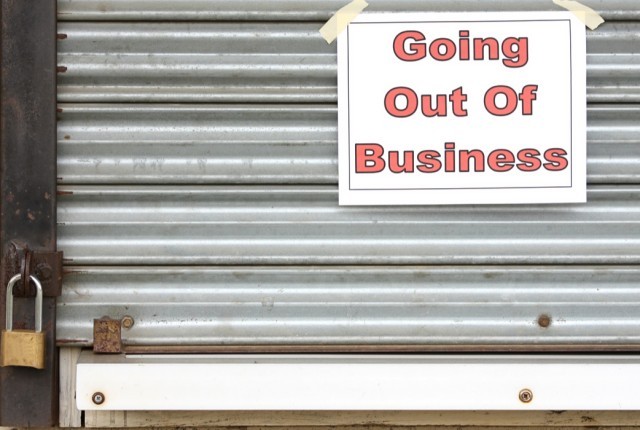Articles Hub
The latest insights and trending topics from Begbies Traynor Group

Understanding commercial leases and personal guarantees
Given the complexity of many commercial leases, it is vital that you understand your rights when it comes to signing a personal guarantee for a lease. The ramifications of failing to meet lease repayments are serious, but knowing the consequences to you personally if your business starts to struggle financially, could help to protect your home and other assets.

If my company is liquidated, am I personally liable for product guarantees and warranties?
If my company is liquidated, am I personally liable for product guarantees and warranties? We offer advice on your liabilities during a liquidation process.

Should I close my company or leave it dormant?
If you are unsure whether closing down your business is the right decision, leaving it dormant may be a better option. Each process has its own pros and cons.

What is a HMRC security bond for VAT, PAYE or NI?
Where HMRC feels there is a risk of non-payment of tax from a company, they may request a security bond is paid before trading can start or continue. This is done by issuing a Notice of Requirement in respect of VAT, PAYE, or National Insurance.

How can a CCJ affect me personally?
A County Court Judgment (CCJ) could affect your personal borrowing ability and if left unpaid, a creditor could petition to wind up your company.

HSE Fines – What happens when your company can’t afford to pay?
Employers have a duty to ensure the health and safety of their employees and members of the general public when they are on business premises.

Directors’ Loan Account
Overdrawn directors’ loan accounts can come to be a real cause for concern; particularly in the context of a company entering insolvency.

Understanding creditors’ rights to form a liquidation committee
Find out more about the establishment and running of a liquidation committee during the liquidation process.

Wind up a limited company with or without debts?
The winding up process will be determined by the financial state of the business - is it solvent or insolvent? Liquidation can be voluntary or compulsory.

What is a Validation Order in business?
A validation order authorises and ‘validates’ transactions going through the bank account of a business which is subject to a winding up petition (WUP)

Can I be a company director if I’m in an IVA?
As a formal alternative to bankruptcy, an Individual Voluntary Arrangement is more flexible in that it allows a company director to remain in their position. Equally, you can be appointed as a new company director if you have an IVA, provided there is agreement from other members, and that existing directors are aware of your financial position.

Advantages and Disadvantages of Company Liquidation
An overview of the company liquidation process highlighting the advantages and disadvantages of this corporate solution, by Begbies Traynor.

Understanding the Standalone Moratorium for UK Companies
A standalone moratorium is separate to any formal insolvency procedure giving a company breathing space from creditor action while a recovery plan is devised.

What is a Corporation Tax Liability?
All registered companies in the UK must pay corporation tax on their profits. The rate of corporation tax varies between 19% and 25% depending on the level of profits of the company.

What Is A Restoration By Court Order? And Why Are Companies Reinstated To The Register?
What Is A Restoration By Court Order? And Why Are Companies Reinstated To The Register?

What happens when a company strike-off procedure is rejected?
The application to strike-off a company from the Companies Register can be rejected if the company is found to have outstanding debts. In this case any debts must be settled before the company dissolution can be actioned, or if the company is insolvent then the liquidation of the company may be required.
